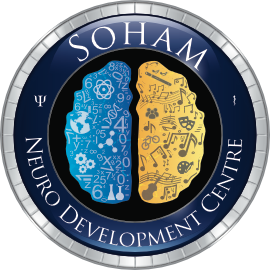
Behavioural
Addiction
Aside from the consumption of psychoactive drugs, a number of actions create a short-term incentive that can lead to continued activity despite the awareness of detrimental effects, such as a lack of control over the behavior. Non-substance or behavioral addictions are a distinct conceptualization of the problem.
Common behavioral Addictions include sex and love addcitions, shopping addiction, gambling addiction, gaming addictions, food addiction, exercise addiction. Some of the symptoms are guilt and shame, lying, denial, missing work, school, or significant events, fighting with friends and family due to the behaviour, sleep disturbances and lack of self-care.
One behavioural addiction we have seen a rise in is the mobile and internet addiction. While very common in adolescents, adults too may have this problem. In the present era when everything around us is being taken care of by a single click or a button press, it is obvious to be dependent on it for all the needs and wants. A distraction from monotony or anything unpleasant has become readily accessible with a variety of applications to provide an entertainment.
In the short term it gives an escape from reality and a sense of wellbeing. However, when one has to come back to the reality it is even more distressing and the denial sets in further, causing an inner conflict.
Mobile and internet accessibility facilitates immediate information about any topic which makes our life very convenient. At the same time, it has negative implications as well such as a tendency to be dependent on immediate solutions, not focus on one topic in detail resulting in a superficial gain of knowledge and high chances of forgetting it in a short span.
Behavioural addictions can be distressing not just for the individual with them but also the family members and caregivers. Thus, it is important to seek professional help for the same.
